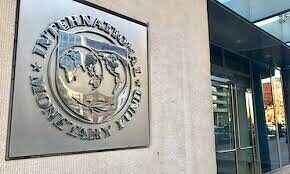IMF: China Has Means to Address Evergrande Crisis
A new report by the International Monetary Fund claims that China has the ability to contain the aftereffects of an Evergrande collapse but nonetheless underlined risks to markets and the broader economy.
While China is in a position to manage a fallout, there is a tradeoff whether authorities loosen or tighten too much, the IMF said.
«The broader the support measures, especially if accompanied by an actual or perceived relaxation of the broader effort to de-lever the financial system over time, the greater the risk of financial fragilities re-emerging in the future,» according go the IMF's latest Global Financial Stability Report.
«Similarly, earlier and clearly communicated intervention would likely minimize the risk of contagion, although at the cost of reinforcing a perception of individual firms being too big to fail.»
Three Risks
In addition to the need for sound management, the IMF also underlined key risks to the markets and the broader economy.
In an interview with «Nikkei», the director of IMF's monetary and capital markets department Tobias Adrian placed caution on three areas: economic impact from a property sector hit harder than expected; potential contagion, especially from reduced confidence; and the risk of a road selloff.
Not the Same as Lehman Crash
«I think here what is different is that China can do things that the U.S. was not able to do immediately because it has a very different legal and institutional framework,» Adrian said with regards to whether or not China is undergoing its own Lehman moment.
«Secondly, while we think that vulnerabilities are high in China in the corporate sector, the banks are well-capitalized. There are many other tools as well. They have fiscal space and they could support the economy in other ways to offset the slowdown in the property sector. So, in that sense, I think China is in a fairly good place.»



























